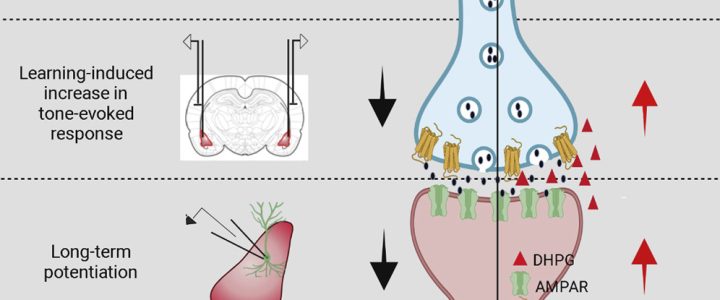Cell Reports has published the results of the study “Correction of Amygdalar Dysfunction in Rat Model of Fragile X Syndrome” by FRAXA Investigator Dr. Sumatra Chattarji and his team at the National Centre for Biological Sciences in Bangalore, India. The researchers investigated the synaptic basis of deficient conditioned fear and its reversal in Fragile X syndrome rats.
Read moreChattarji, Sumantra
Sumantra “Shona” Chatterji, PhD, Professor at the National Center for Biological Sciences in India, shares his journey to Fragile X research, why this research is personal to him, and his commitment to our families. We are proud of the difference Shona is making and are honored to call him our friend.
Shona’s achievements in translational research underscore the potential of focused medicinal chemistry to address Fragile X symptoms and behaviors, and for future human clinical interventions to be guided by his discoveries. His research there has drawn admiration from the Indian Government leading to the honor of hosting the Indian Prime Minister in his own research laboratory. Dr. Chatterji has received national recognition and awards for his work and was honored with the FRAXA Global Champion Award in July 2021. He has received funding for several research studies since 2001 and we are grateful for all of the hard work he has done in the field.
2021 FRAXA Awards – Recognizing Perseverance and Dedication

In conjunction with World Fragile X Day 2021, FRAXA Research Foundation is proud to recognize its annual award recipients. This year’s recipients exemplify the perseverance and dedication that has made FRAXA a global leader in Fragile X research for nearly 30 years. We are fortunate to partner with these individuals on research, community support and awareness efforts.
Read moreAbnormalities of Synaptic Plasticity in the Fragile X Amygdala

With a $110,050 grant from FRAXA Research Foundation from 2005-2016, Dr. Sumantra Chattarji at the National Center for Biological Sciences researched how the amygdala is affected by Fragile X syndrome. Results published.
Read more
